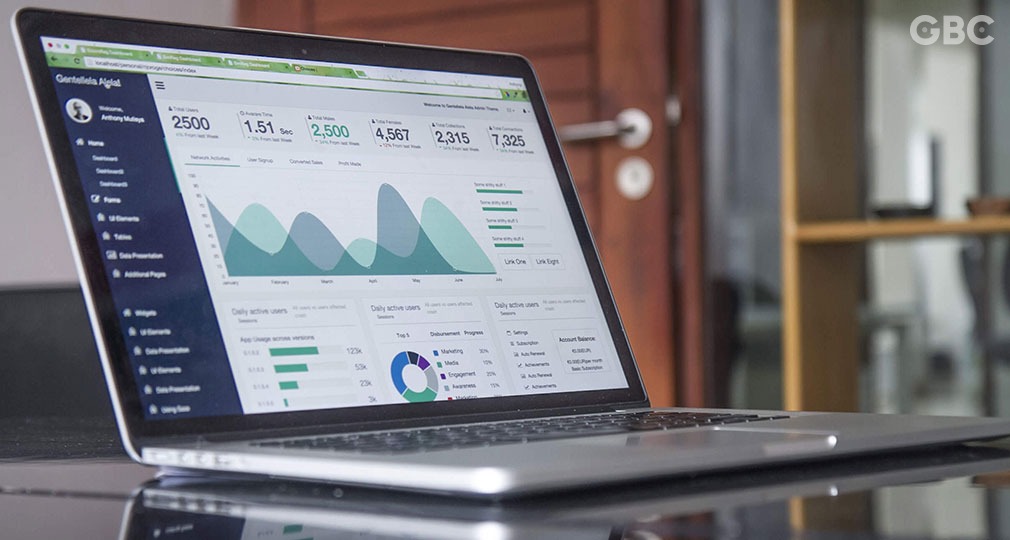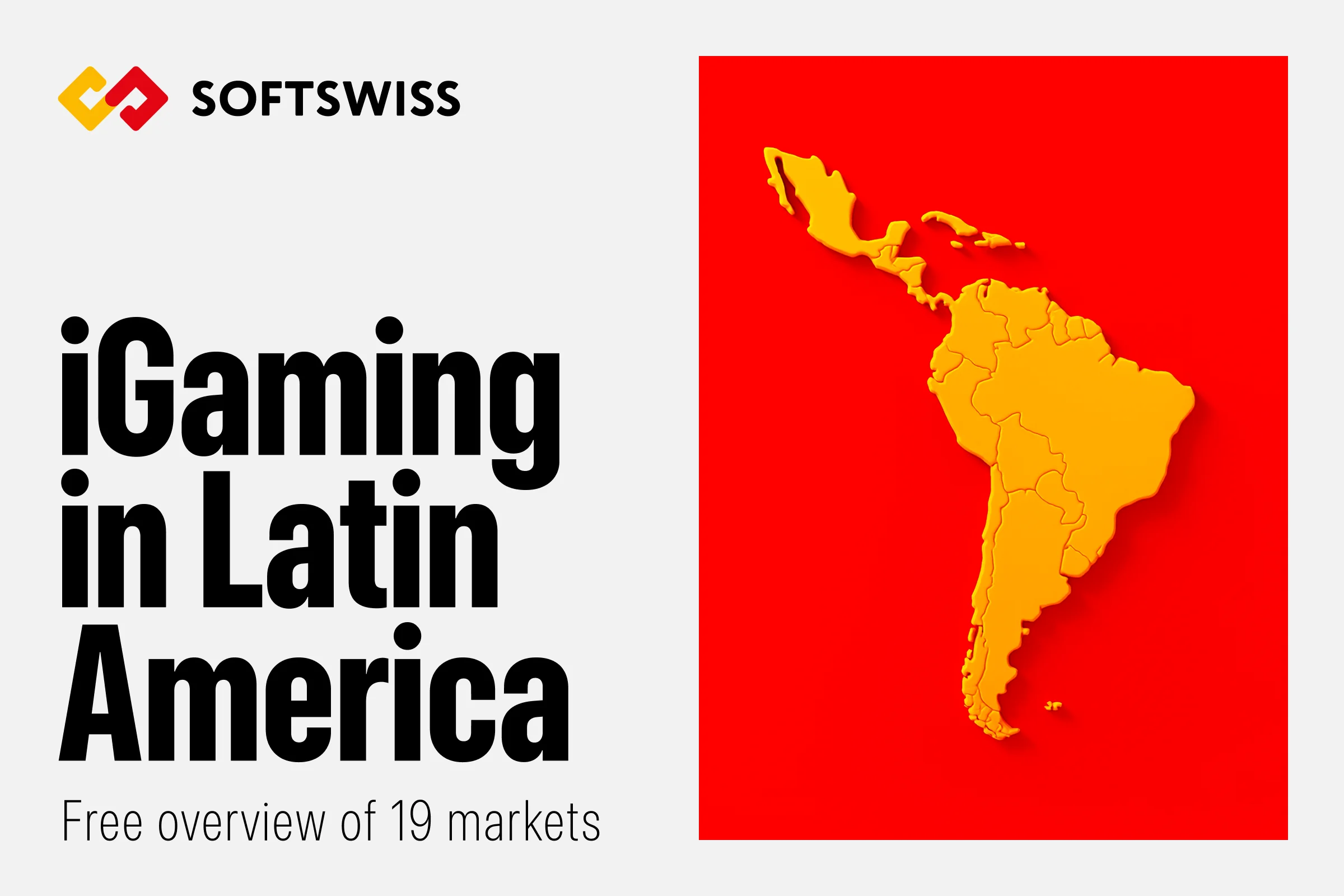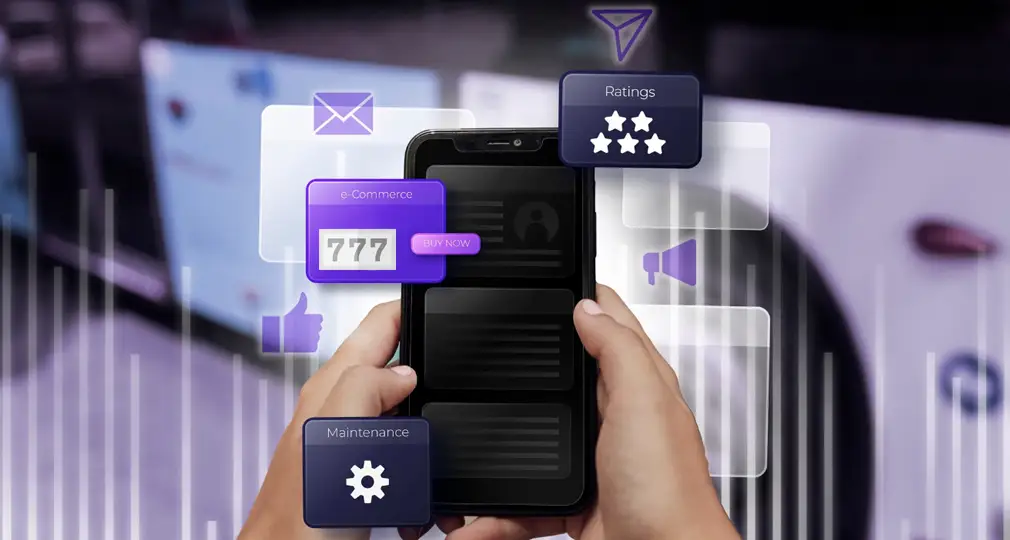As blockchain adoption continues, the technology behind it is being leveraged in new and interesting ways. One of these is marketing, using the blockchain’s best features to engage in a consumer-friendly way of sourcing high-quality market data. Here are some of the benefits that using the blockchain could bring to marketers.
Digital Marketing
First, we should recognize that blockchain marketing is only possible thanks to digital marketing. This is by far the most common form of marketing that happens nowadays, where businesses, big and small, compete for hundreds of thousands of impressions online every day. To get ahead of the competition, marketers need to be data-obsessed, which is where the blockchain can help.
It also establishes some best practices for the consumer that can be implemented (and even automated) via blockchain. For example, many digital industries already make free offers, which they are able to do as their product/service doesn’t need to be shipped. One of the leaders in this practice is iGaming, where newcomers and loyal customers can access Paddy’s latest casino offers and get free spins, a matched deposit, or a bit of both. With the right code or coupon, digital marketers can do more than just drive interest – they can benefit from consumer-friendly actions that allow their product to speak for itself.
Blockchain Marketing Simplifies Data Access
Lufthansa Group with its subsidiaries Lufthansa, Swiss International Airlines, Austrian Airlines, Brussels Airlines, Euro wings, Lufthansa Cargo, is the largest airline in Europe. With a combined fleet of 757 aircraft, 360 of them belongs to Lufthansa alone. #Aircraft #Aviation pic.twitter.com/3c2wpUL5Op— Aviation Facts (@AirplaneCentral) September 11, 2023
That brings us to blockchain marketing. The blockchain shifts power to consumers in many spaces, from finance to art. The same can be said for marketing, where customers can control and offer their data to the benefit of marketers – simplifying the process of finding data for market research.
Blockchain apps can source higher-quality data by allowing users to own their own data output, with the option to share it voluntarily. Those who do will be more engaged with the business, meaning their data is more accurate and viable than large, possibly noisy batches of marketing information.
Some marketers can even compensate users for sharing their data, using smart contracts that can dispense crypto or other digital assets into their wallets. This brings the marketers closer to their audience by getting data directly from the source.
The Price of Data
When it comes to data pricing, there are sometimes concerns that customers will price their data too highly. Fortunately, there are many reasons to believe that won’t be the case. First and most simply, limitations could be set via the blockchain app that prohibits exorbitant fees.
However, it can also be more cost-effective to pay the customer their due and get higher-value data from them via peer-to-peer blockchain interactions. At present, many marketers get their data from aggregators who sell it at a markup since that’s how they stay in business. This can come with a focus on quantity, not quality.
Then consider supply and demand, detailed here by the IMF. Many decentralized blockchain advocates have faith in the free market, where forces like supply and demand can naturally keep prices from getting too high or low. If customers overcharge for their data, there will be those who charge less to get a better deal, bringing the expected price down.
Using the blockchain to create a new marketer-customer relationship can be a great way to get closer to your audience, reaping the above benefits as a result. This is to say nothing about the obvious benefits that come from decentralized blockchains already, like transparency, as covered by IBM. The blockchain’s brand of transparency allows users to be anonymous but more secure, ensuring any transactions can be conducted to a higher standard of security.












